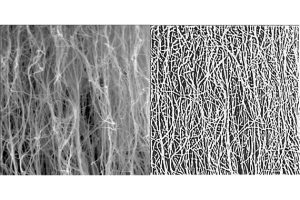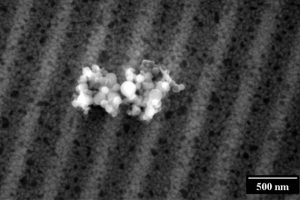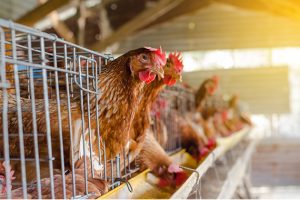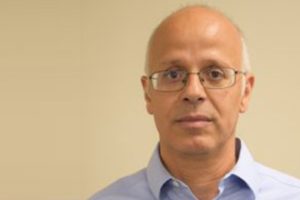
June 5, 2023
AI software can predict ‘roadmap’ for protein location, biological discoveries
Recently, Dong Xu, Curators' Distinguished Professor in the Department of Electrical Engineering and Computer Science at the University of Missouri, and colleagues updated their protein localization prediction model, MULocDeep, with the ability to provide more targeted predictions, including specific models for animals, humans and plants.

May 23, 2023
Cheng developing software to predict protein function using generative AI
A Mizzou Engineer has received funding from the National Science Foundation to develop a tool that will predict how a protein functions based on its order of amino acids. Jianlin “Jack” Cheng envisions developing open source software that would allow a user to enter the sequence, then the system would predict not only how that string of amino acids will form into a structure but also the role it will carry out within a cell. Additionally, the system would pinpoint the specific site of the protein that carries out the function.

March 15, 2023
Team develops technique to segment carbon nanotube forests in images
Mizzou Engineering researchers are another step closer to controlling the properties of carbon nanotubes growing in mass quantities.

March 6, 2023
Calyam, collaborators using AI to assist local news organizations
Each day, local newsrooms across the United States are inundated with a myriad of press releases and story pitches competing for attention from a staff already strapped for time. Prasad Calyam, a professor of electrical engineering and computer science, and his team are among an elite group of researchers working to integrate automation and artificial intelligence to help local news organizations solve this challenge and others.

March 6, 2023
Mizzou Engineer lends protein prediction expertise to climate change studies at Danforth Plant Science Center
An inter-institutional research team is using the power of computational analysis to pinpoint which plant genes confer resilience against rising temperatures that threaten global food supplies in the coming decades. Mizzou Engineering Professor Jianlin “Jack” Cheng — one of the first scientists in the world to use deep learning, a powerful artificial intelligence technique, to predict protein structures — adds a unique perspective to the work. Since 2018, he’s been collaborating with Dr. Ru Zhang, a plant scientist at the Danforth Plant Science Center in St. Louis, to leverage computational tools in the study of plant genes.

Feb. 28, 2023
Team earns ‘Best Paper Award’ for developing AI model to track waterfowl
An interdisciplinary Mizzou team received a “Best Paper Award” after developing system that can automatically identify individual birds in images of waterfowl flocks.

Jan. 31, 2023
Study unexpectedly finds only 7 health symptoms directly related to ‘long COVID’
In a new study, a team of University of Missouri researchers made an unexpected discovery: people experiencing long-lasting effects from COVID-19 — known as “long COVID” or post-COVID conditions — are susceptible to developing only seven health symptoms for up to a year following the infection. They are: fast-beating heart, hair loss, fatigue, chest pain, shortness of breath, joint pain and obesity.

Jan. 26, 2023
Mizzou researchers provide direct evidence of localized explosion of aluminum nanoparticle
A Mizzou Engineering team has provided direct evidence of a localized explosion of an aluminum nanoparticle, a mechanism first theorized in 2006.

Jan. 13, 2023
Mizzou Engineer leading NSF Convergence Accelerator project to ensure food safety
A Mizzou Engineer is leading a team to develop new technologies that will quickly detect foodborne pathogens with the goal of improving food safety, especially among lower socioeconomic communities.

Jan. 11, 2023
Team using artificial intelligence to revolutionize infrared sensors
With funding from the U.S. Army, a Mizzou Engineering team and collaborators are using artificial intelligence in hopes of revolutionizing infrared sensors.